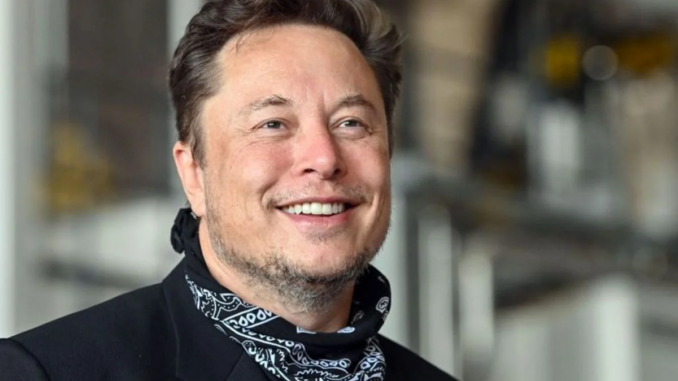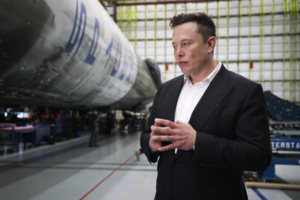
Elon Musk once said he preferred to “stay out of politics”. As with many things, it appears he has changed his mind.
This week, Sir Keir Starmer was added to the lengthy list of people who have sparred with the billionaire over remarks he has made on X, the social media platform he owns. On Monday, Musk remarked on the rioting that has swept Britain in the wake of the Southport stabbings, warning that “civil war is inevitable,” drawing a rebuke from the Prime Minister’s spokesperson. Yesterday, in an escalation of the row, he called Starmer “two-tier Keir” – a pointed critique of the way the unrest has been policed.
The interventions marked the latest and, in Britain at least, most public, staging post in Musk’s political transformation to date. A decade ago, the 53-year-old was a political “moderate” – socially liberal and fiscally conservative – who donated to Barack Obama’s Democratic Party. Even then, however, his views defied easy categorisation. Financial support for the Republicans flowed just as freely as it did for the Democrats.
But the Tesla founder no longer seems to be hedging his bets. Instead, he appears to have gone all in on Donald Trump who he has publicly endorsed as the next US leader.

Musk’s shift to the Right has played out on Twitter, which he acquired in 2022 for $44 billion and swiftly renamed X as part of a broader reorganisation of the platform to prioritise free speech. He is a prolific and indiscriminate user himself, having posted nearly 50,000 times since joining it in 2009. In more recent times, Musk has arguably become the site’s most prominent political commentator, with 193 million followers. The entrepreneur’s Right-wing supporters hail him as a hero who has clawed back space for them online, having reinstated Trump’s account. He separately unblocked the accounts of conspiracy theorist Alex Jones, Canadian psychologist and author Jordan Peterson, and the controversial influencer Andrew Tate.
Among the group whose accounts were reinstated by Musk is the British agitator Tommy Robinson, who recently called Musk “the best thing to happen for free speech this century”.
“Musk’s identity shifted when he purchased Twitter,” says Madeline Fry Schultz, an editor at the Washington Examiner. “He became known not as this guy who was really into the environment and electric cars, but this culture wars figure. The point he is making is the culture wars pay – people know they can get notoriety, podcast listens, and they will be popular on Twitter, for what it’s worth.”
Musk certainly has no shortage of strong views on the controversial issues of the day, usually expressed in a tweet-friendly 280 characters or less. Covid-19 lockdowns? “Fascist.” His transgender daughter? The victim of a “woke mind virus.” Diversity and inclusion policies? “DEI [diversity, equity and inclusion] must DIE.” President Joe Biden? Merely “a tragic front for a far left political machine.” And the traditional media? A “propaganda machine.”
